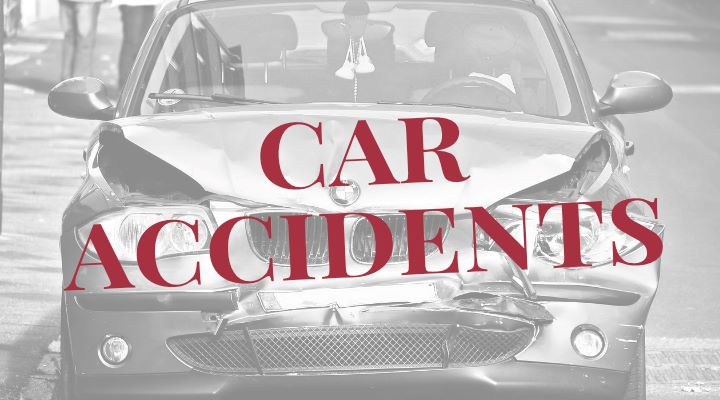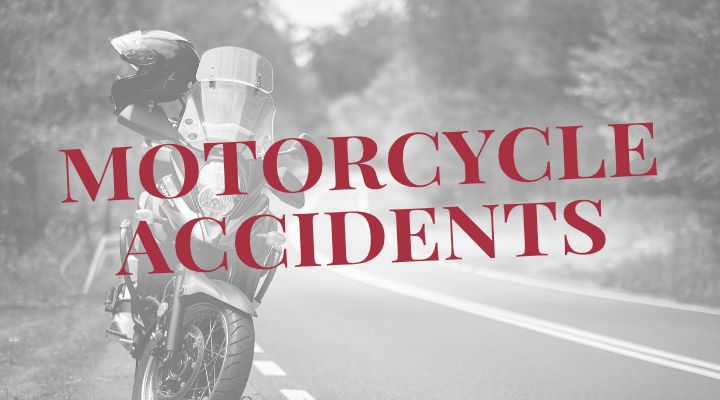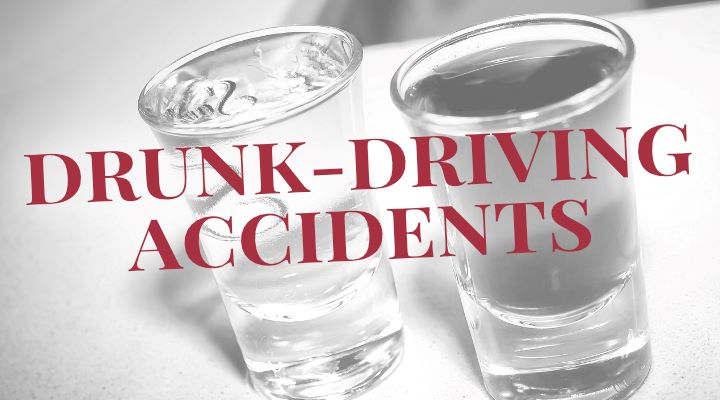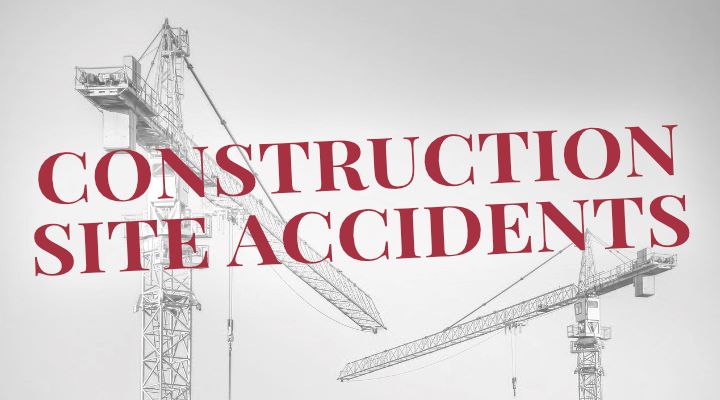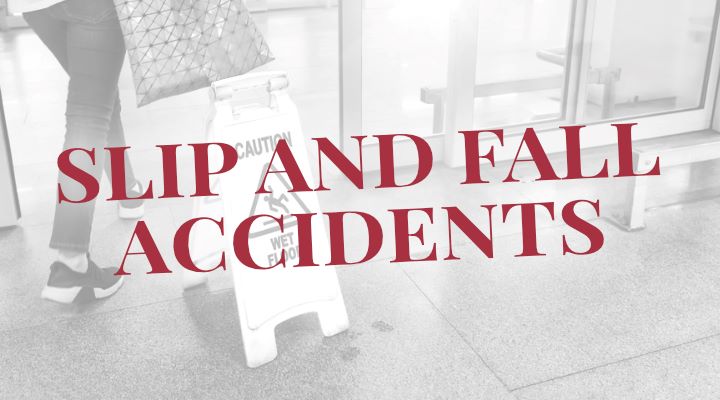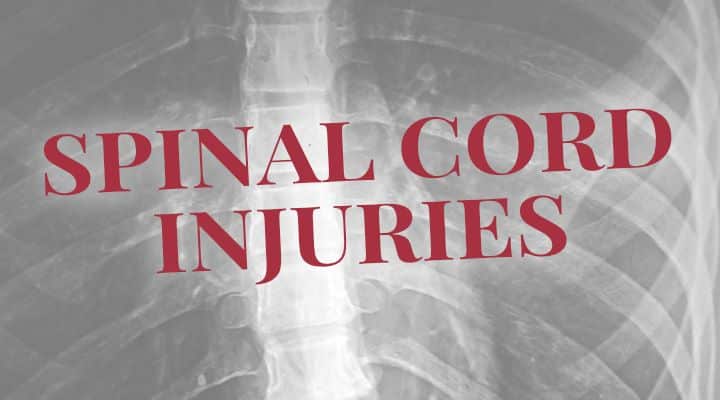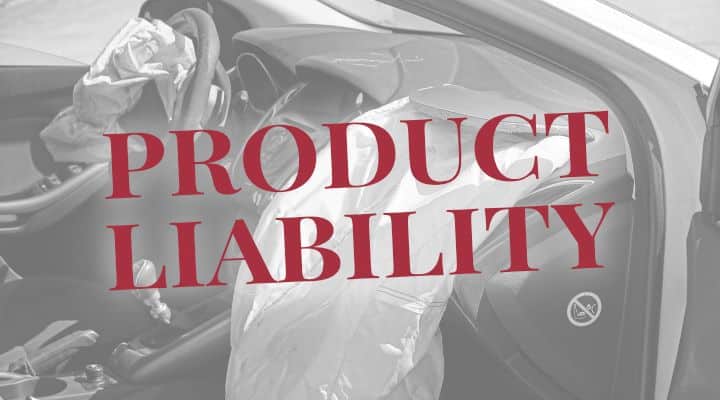Hire a San Antonio-Based Personal Injury Attorney
Our San Antonio personal injury lawyer understands how traumatic an accident can be. Whether you’ve lost a loved one in a car accident or suffered a severe head injury in a motorcycle crash, you likely face extensive costs for medical bills, lost wages, future lost income, pain and suffering, mental anguish, and more.
But you don’t have to struggle alone.
If you’ve been wrongfully injured in an accident in San Antonio, the Patino Law Firm can help.
After spending more than 20 years caring for injured victims as a chiropractor and serving as a U.S. Army Combat Medic, Law Ninja Dr. Louis Patino — or Doc, as his clients call him — started his law practice in San Antonio, Texas.
Doc and his team are compassionate yet aggressive trial advocates who have just as much experience in the courtroom as they have negotiating settlements with insurers. We’re a veteran-owned business that seeks to make a local impact to help injury victims and always strives to get you the maximum settlement you’re entitled to.
